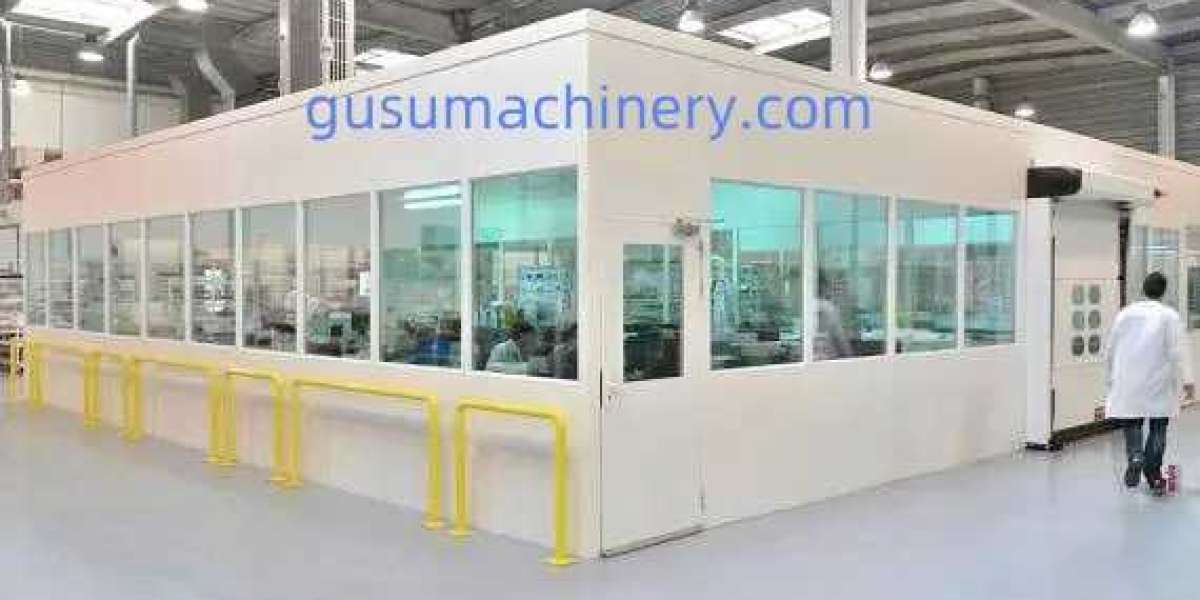The global Biomedical Sensors Market Size is witnessing significant growth, driven by increasing adoption of advanced healthcare technologies, wearable devices, and remote patient monitoring systems. Biomedical sensors play a crucial role in measuring physiological parameters such as heart rate, glucose levels, blood pressure, and oxygen saturation, enabling accurate diagnostics and personalized healthcare solutions.
Key Drivers of Market Expansion
Rising Demand for Wearable Devices: Smartwatches, fitness trackers, and health monitors are increasingly integrating biomedical sensors for continuous health monitoring.
Remote Patient Monitoring: Growing telemedicine adoption and home-based healthcare solutions require reliable and accurate sensors for real-time patient data collection.
Technological Advancements: Innovations in miniaturized sensors, wireless communication, and AI-based analytics enhance the functionality and efficiency of biomedical devices.
Healthcare Infrastructure Growth: Expansion of hospitals, diagnostic centers, and research laboratories boosts demand for advanced biomedical sensors.
The growth of complementary markets also supports the biomedical sensors industry. The Image Intensifier Tube Market drives demand for high-precision imaging technologies in healthcare, while the Portable Spectrometer Market contributes to portable diagnostic and analytical solutions that rely on accurate sensor technologies.
Regional Insights
North America and Europe remain leading markets due to advanced healthcare infrastructure, high RD investments, and early adoption of innovative medical technologies. The Asia-Pacific region is expected to exhibit the fastest growth, driven by increasing healthcare expenditure, growing geriatric population, and rising awareness about preventive care in countries like China, India, and Japan.
Future Outlook
The biomedical sensors market is poised for continued expansion, supported by advancements in wearable technologies, AI integration, and IoT-enabled healthcare devices. As healthcare systems increasingly prioritize patient-centered care and remote monitoring solutions, biomedical sensors will remain a critical component, enabling efficient, accurate, and personalized healthcare delivery worldwide.







